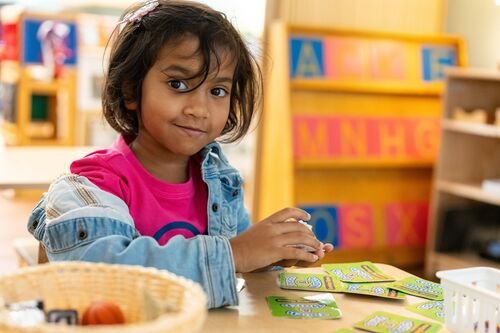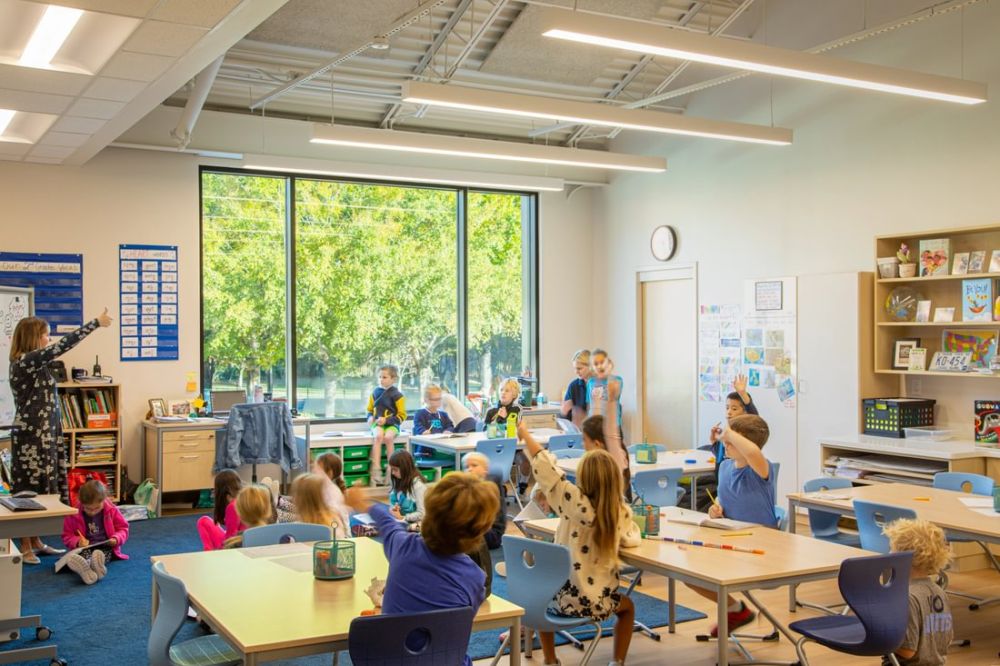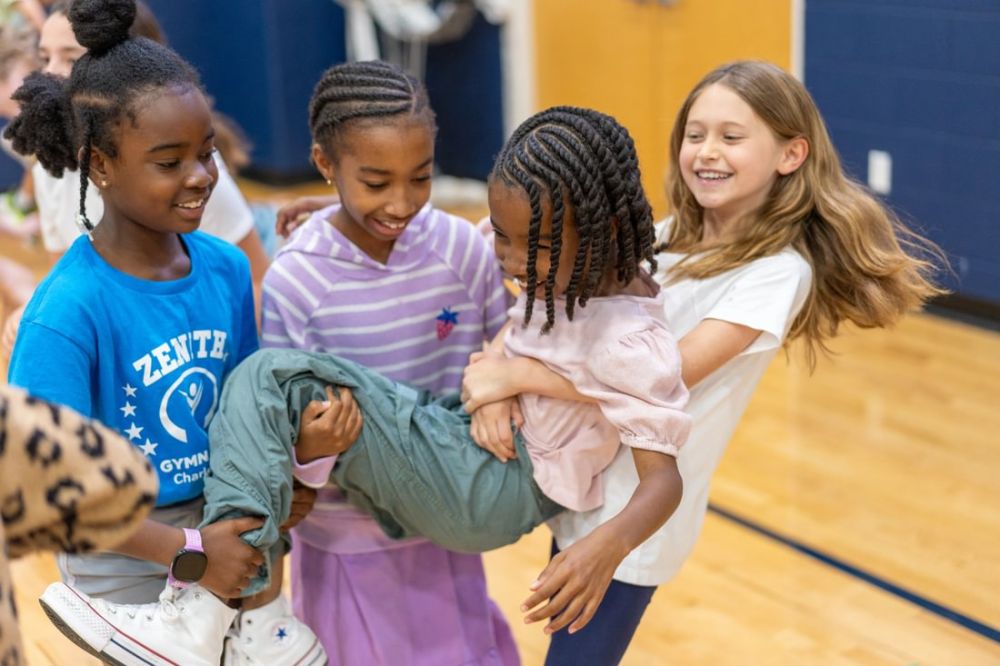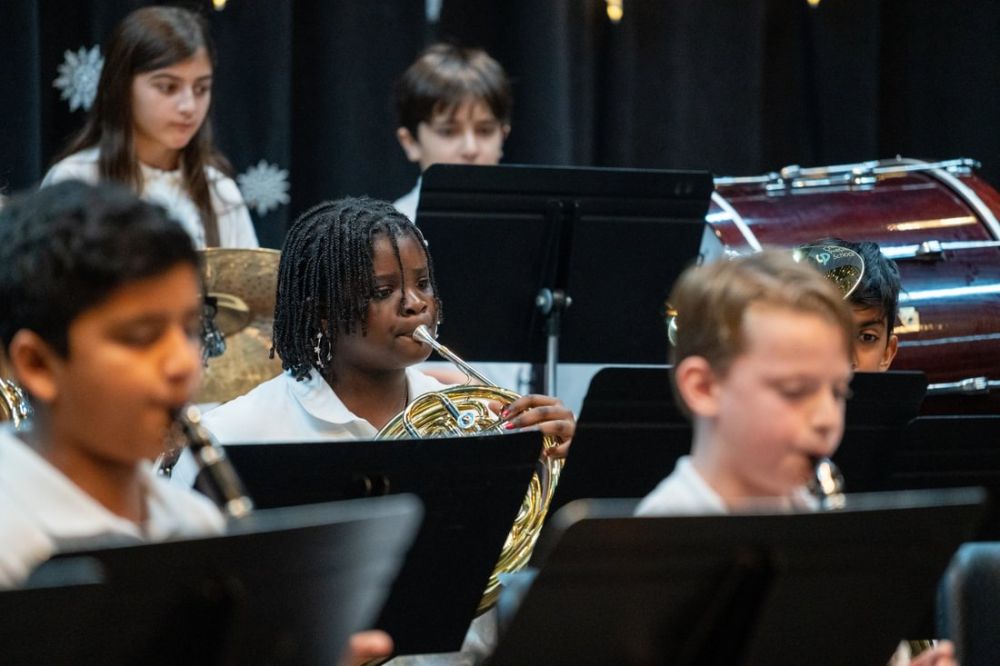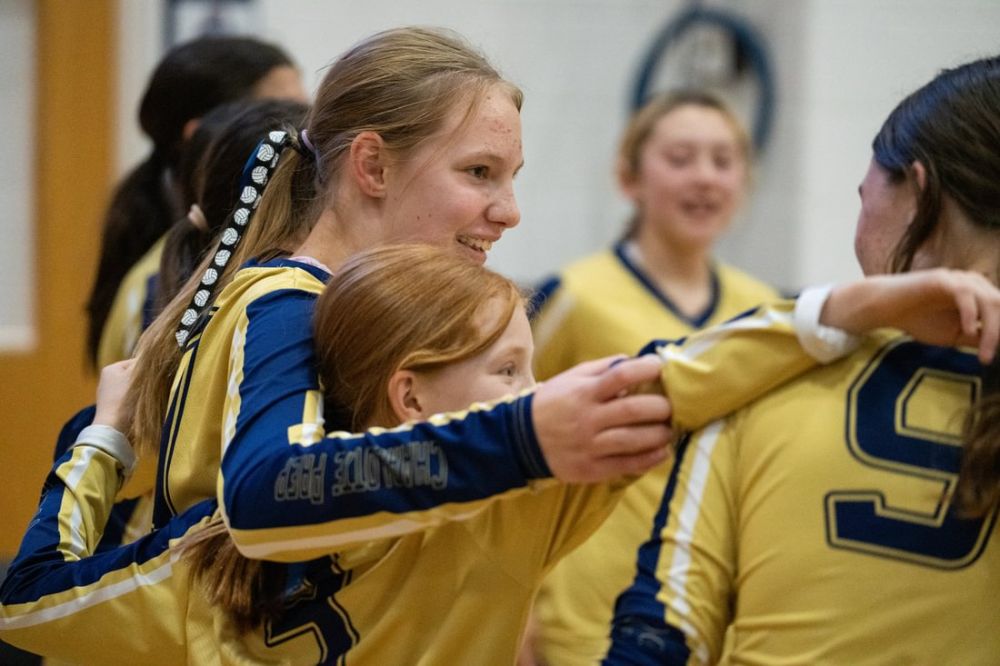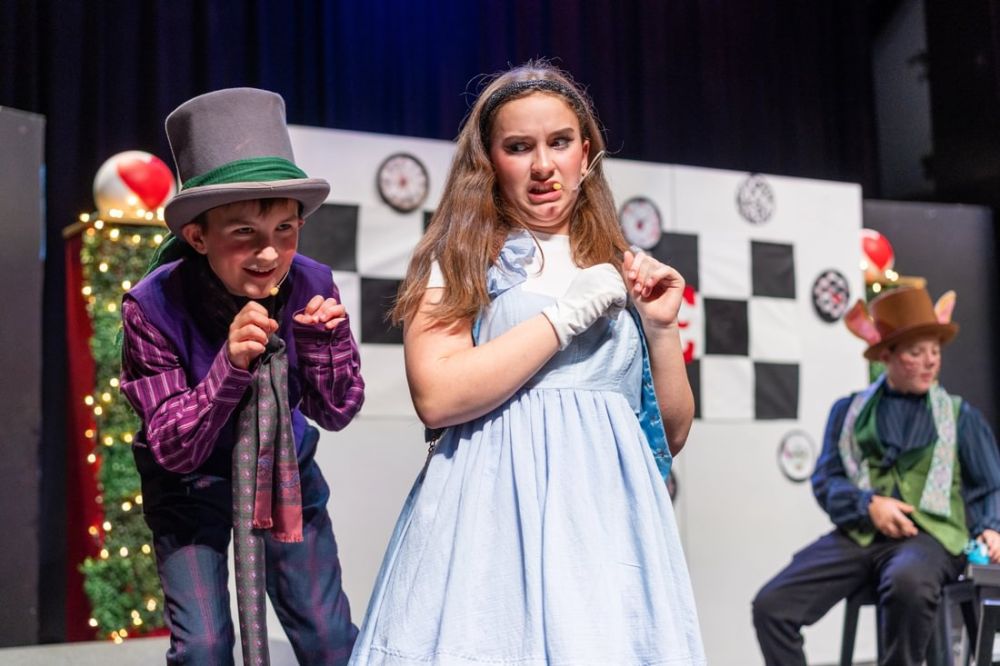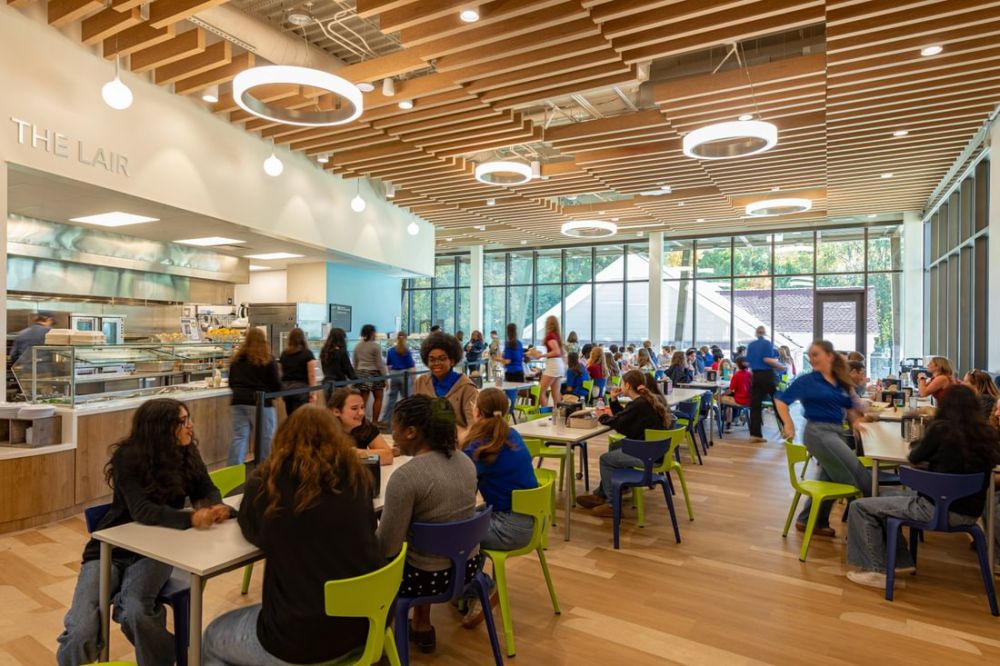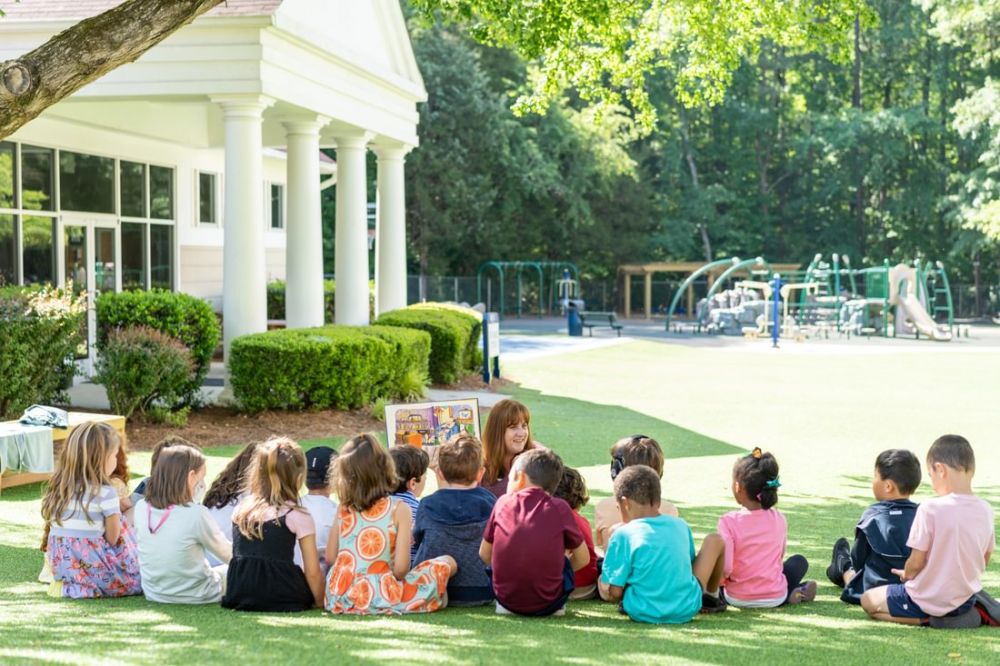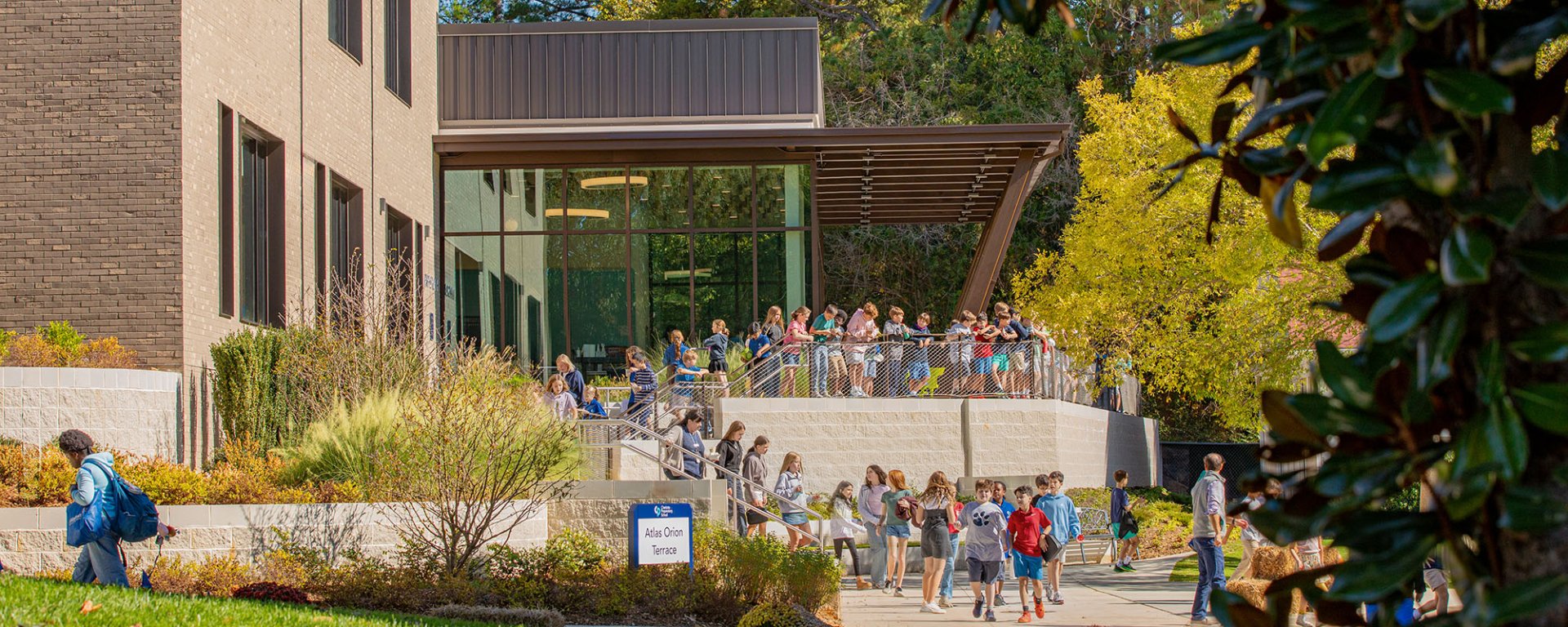Growing Flexible Thinkers
October 30th, 2024
 Sharon Vanella and Megan Wright
Sharon Vanella and Megan Wright
When we think about preparing young children for school, many parents focus on foundational academics, like counting or recognizing shapes, or social skills, such as sharing and communicating. While these are essential, there’s another skill that deserves equal attention: flexible thinking.
Flexible thinking is the ability to see things from different perspectives, adapt to changes, and solve problems creatively. For young children, who often live by structured schedules and routines, learning to think flexibly helps them navigate changes and tackle everyday challenges with resilience. At Charlotte Prep, we nurture this skill from the start, creating a foundation for a lifetime of adaptable, confident learning.
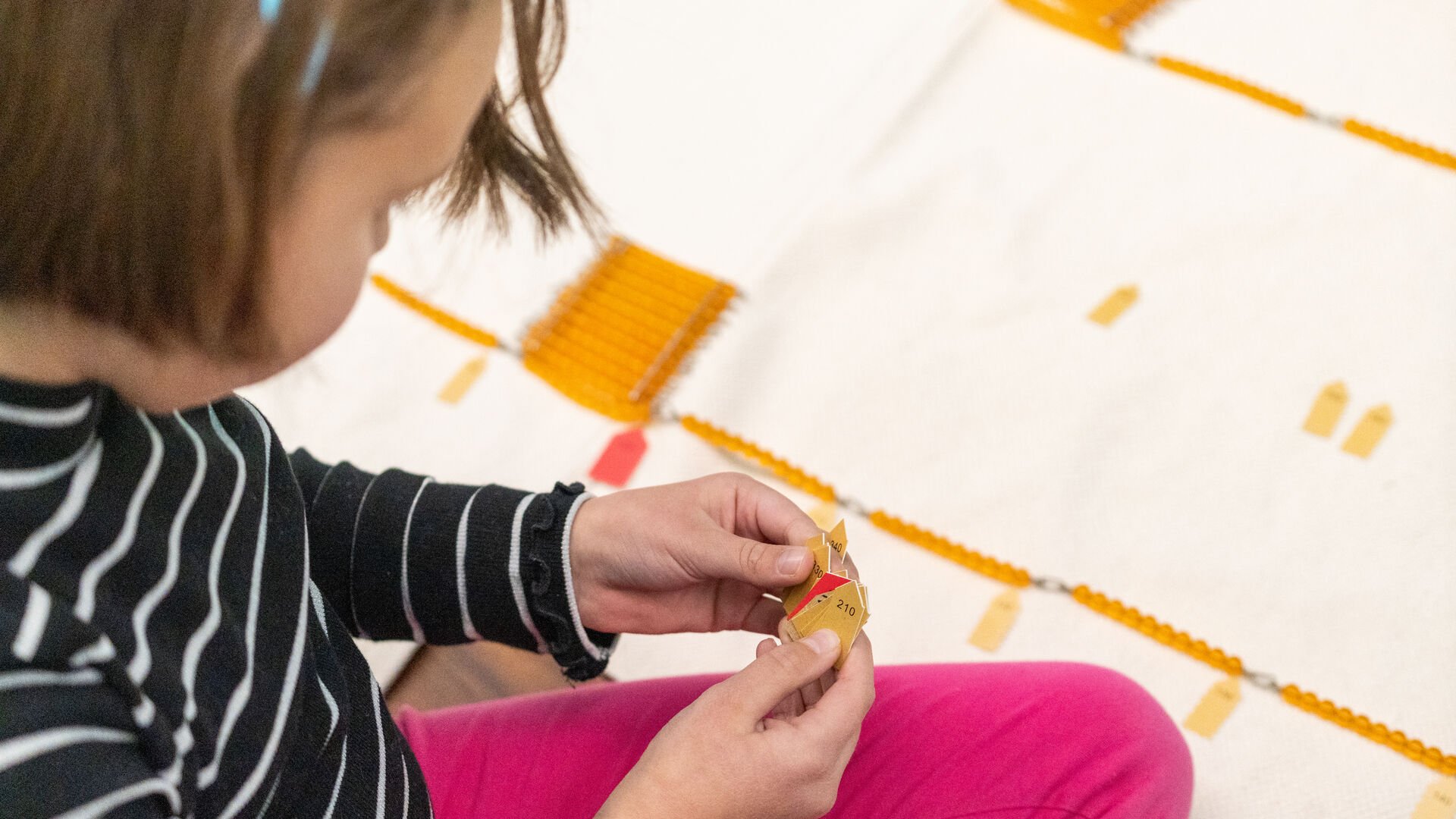
Building Problem-Solving Skills
Flexible thinking enhances problem-solving abilities by encouraging persistence and creative approaches. In our Montessori classrooms, students follow an open-ended work cycle where they choose materials that interest them and advance through activities designed to build sequential skills. These materials are self-correcting, allowing children to work independently and learn from trial and error. The goal isn’t just the “right answer”—it’s to develop the courage to try again, building persistence and flexibility.
Multi-step, sequential activities help students develop task persistence and working memory, which helps them work through frustrations, focus on learning outcomes, and build the confidence to take on more challenges.
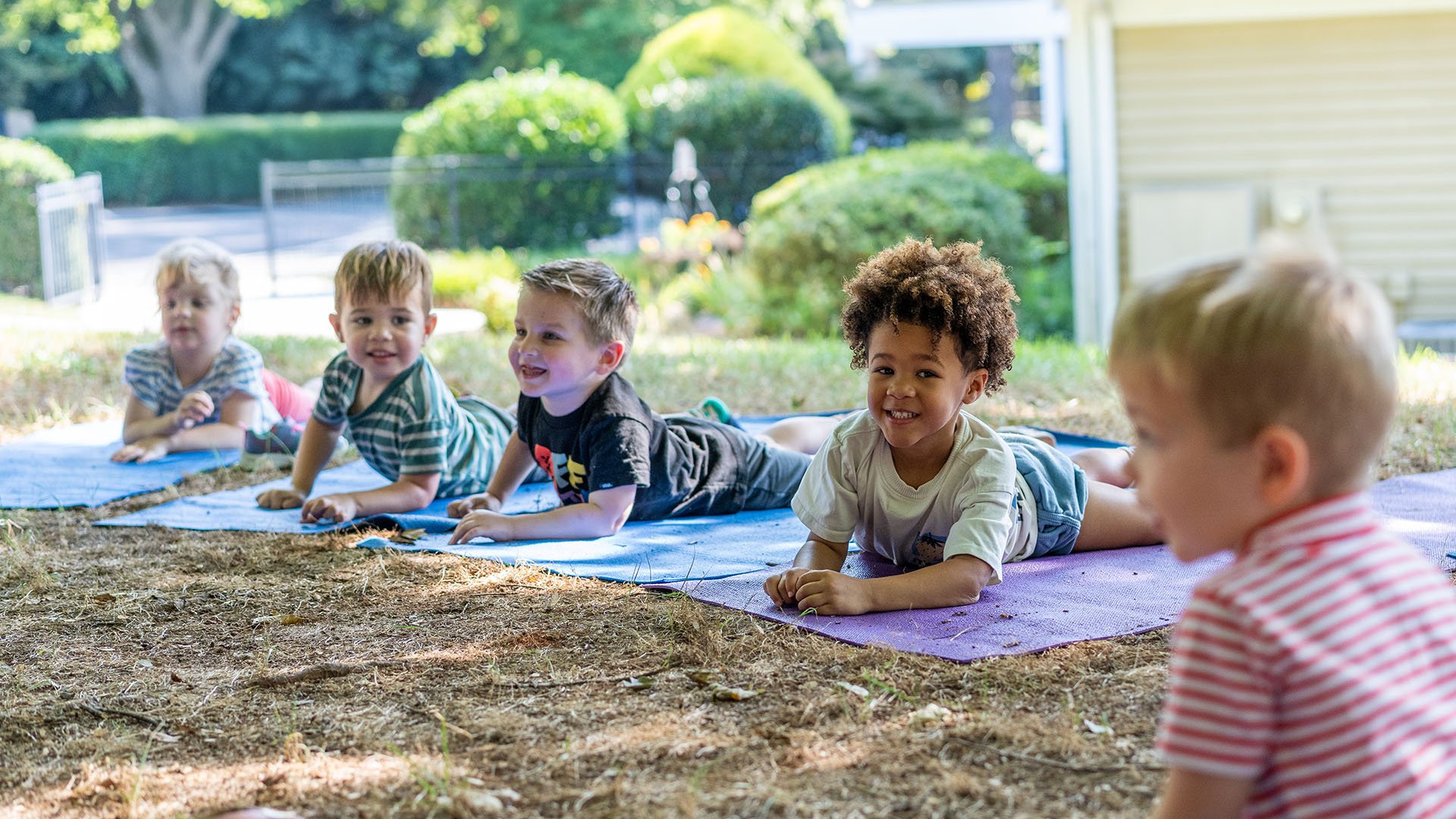
Managing Transitions
Daily school life involves many transitions—moving between lessons, special area classes, and lunch or recess. Young children are deeply engaged in their work, and pausing a project can be challenging. Our teachers help by giving verbal and visual reminders, assuring students that they’ll have a chance to return to unfinished work.
Children who learn to adapt to transitions are also developing emotional flexibility. By practicing these small changes, they’re better equipped to handle larger transitions as they grow.
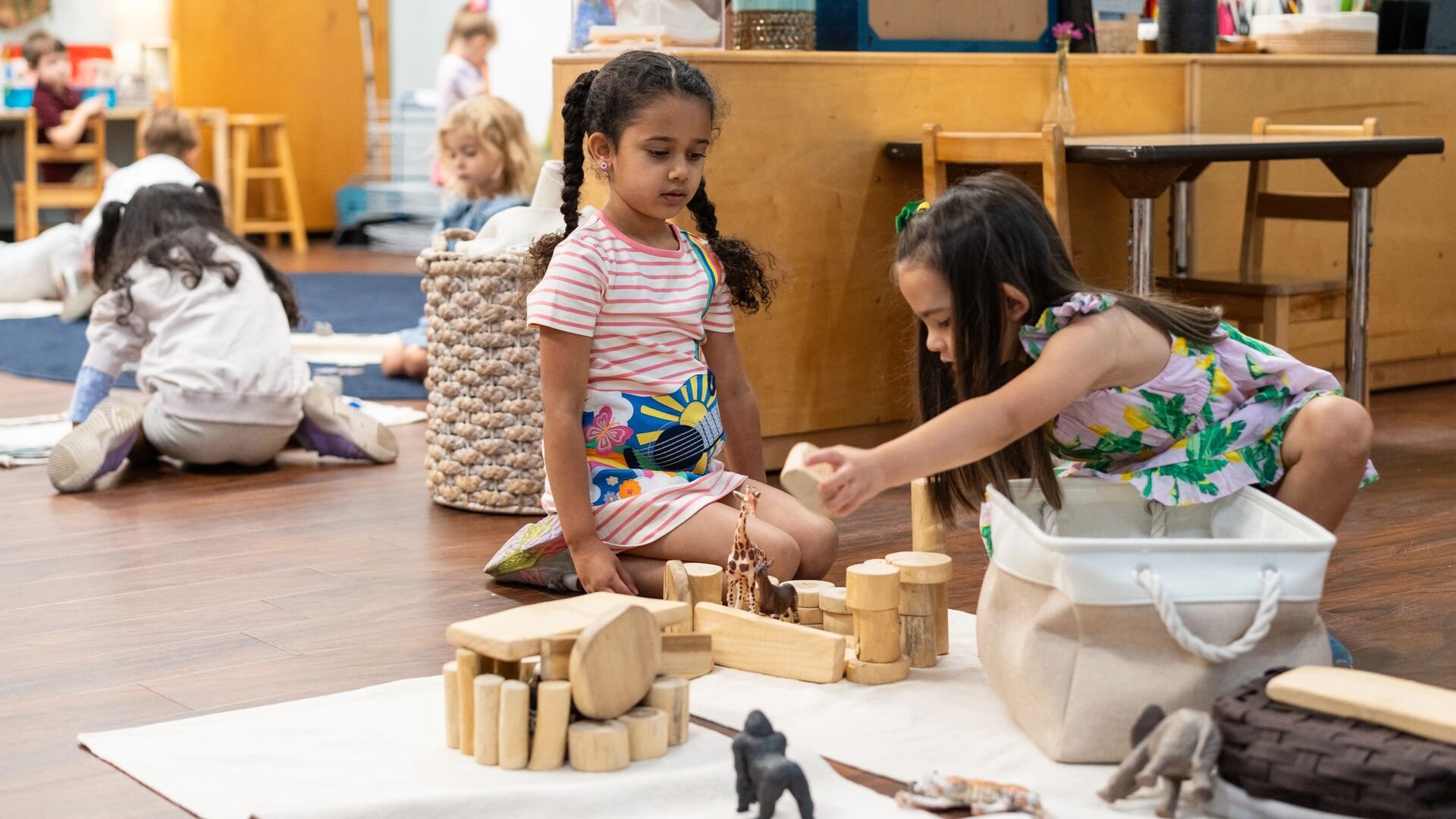
Learning to Handle Disappointments
In the Montessori environment, where there is only one set of each activity, children learn to wait their turn and cope when a favorite activity is unavailable. These experiences teach patience and help them see alternatives. For example, if a student misses a turn with a popular material, they learn to wait or choose another activity, fostering a flexible, solution-focused mindset. It also provides teachable moments: rather than feeling frustrated, students can learn to ask a friend, “Can I have a turn when you’re done?” This lesson in social flexibility is invaluable, teaching kids to communicate and find solutions instead of fixating on the obstacle.
Flexible thinking helps children recognize that while setbacks are a part of life, they don’t have to disrupt their entire day. A child who can think creatively in the face of disappointment may still feel the sting but can quickly pivot to a new task, staying positive and engaged.
Reinforcing Flexible Thinking at Home
Parents play a key role in nurturing flexible thinking. Here are some ways to promote it at home, which will enable their independence and lower their anxiety when faced with new or unexpected situations.
- Model flexibility: Show your child how you adjust to changes, like altering dinner plans if a restaurant wait is too long.
- Encourage fair play: Play board games fairly so children learn to handle both winning and losing.
- Use limited choices: Allow children to choose between two or three options rather than unlimited choices to foster decision-making.
- Support independence: Give your child age-appropriate responsibilities to build confidence and competence.
- Allow small failures: Let children experience minor disappointments, which prepares them to handle bigger challenges as they grow.
Start Your Child on the Path to Flexible Thinking
At Charlotte Prep, we’re preparing students for more than academic success. Through experiences in sports, fine arts, clubs, and student council, students learn to embrace challenges, adapt, and think creatively. Flexible thinking isn’t just about handling today’s obstacles; it’s about setting children up for a lifetime of growth, resilience, and empowered learning—a hallmark of a Charlotte Prep education. When children are given the space and guidance to become flexible thinkers, they learn that challenges aren’t barriers; they’re stepping stones to success.
More News from Charlotte Prep
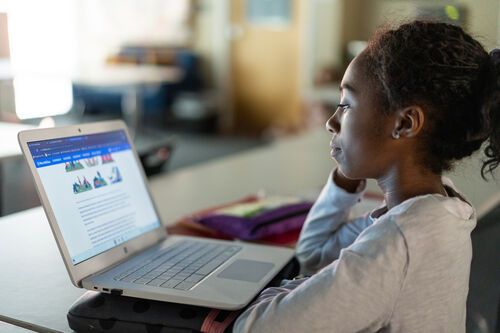 Nov20Managing Your Child's Screen Time
Nov20Managing Your Child's Screen Time There is more than one way to raise a healthy child, either with or without devices. But you must stay connected to what you value, even when it isn’t convenient.
See Details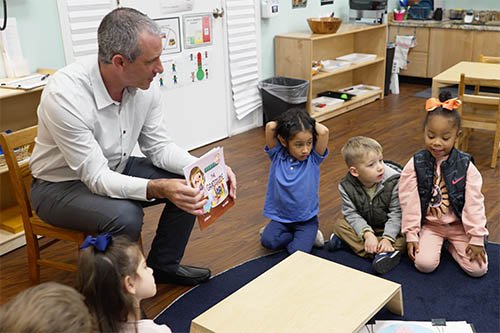 Nov11A Season for Gratitude
Nov11A Season for GratitudeAs we welcome this season of giving thanks and giving back, I couldn’t help but draw parallels between the themes The Gratitude Jar and our mission at Charlotte Prep.
See Details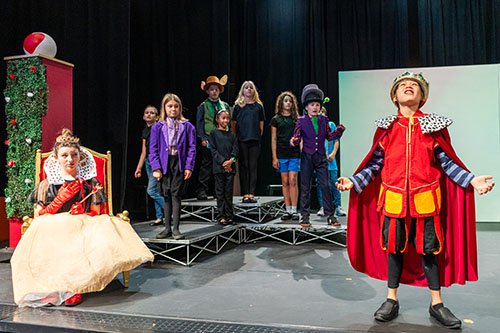 Nov10Prep Players Present: Alice
Nov10Prep Players Present: AliceTalented Charlotte Prep students are hard at work to stage Alice, a one-act adaptation of Alice in Wonderland by Lewis Carroll. The cast is busy rehearsing, and our middle school set design club is crafting props and costumes. You won't want to miss it!
See Details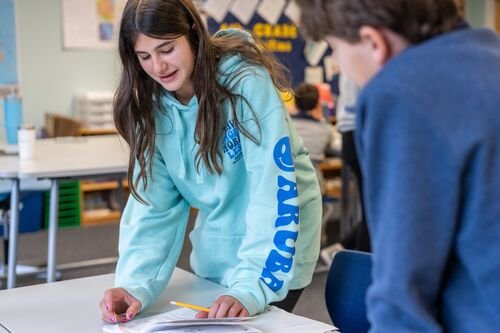 Nov6Mila's Prep Story
Nov6Mila's Prep StoryMiddle school is often described as a challenging time, full of change and uncertainty. However, at Charlotte Prep, it becomes a time of growth, exploration, and confidence. The environment encourages us to try new things, learn from our mistakes, and discover who we truly are, all while being surrounded by people who genuinely want us to succeed.
See Details

